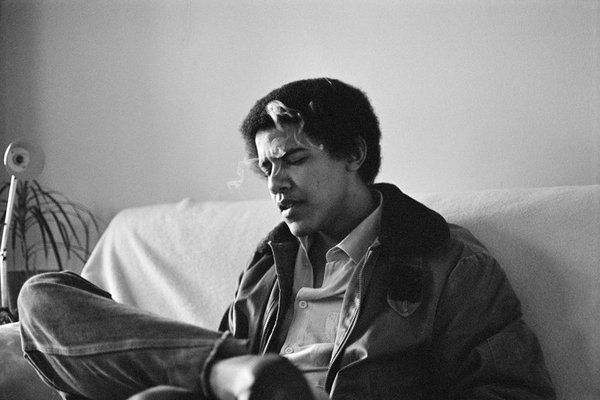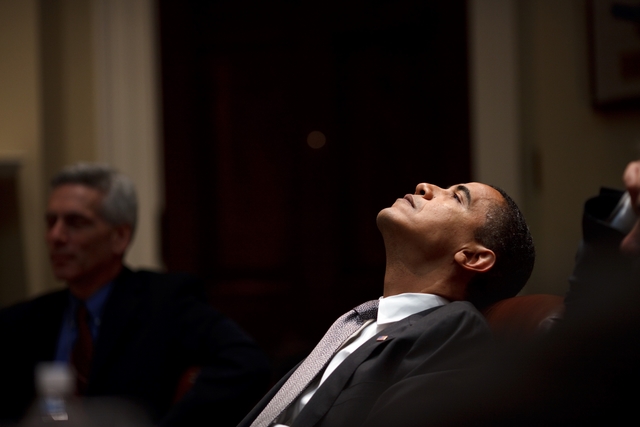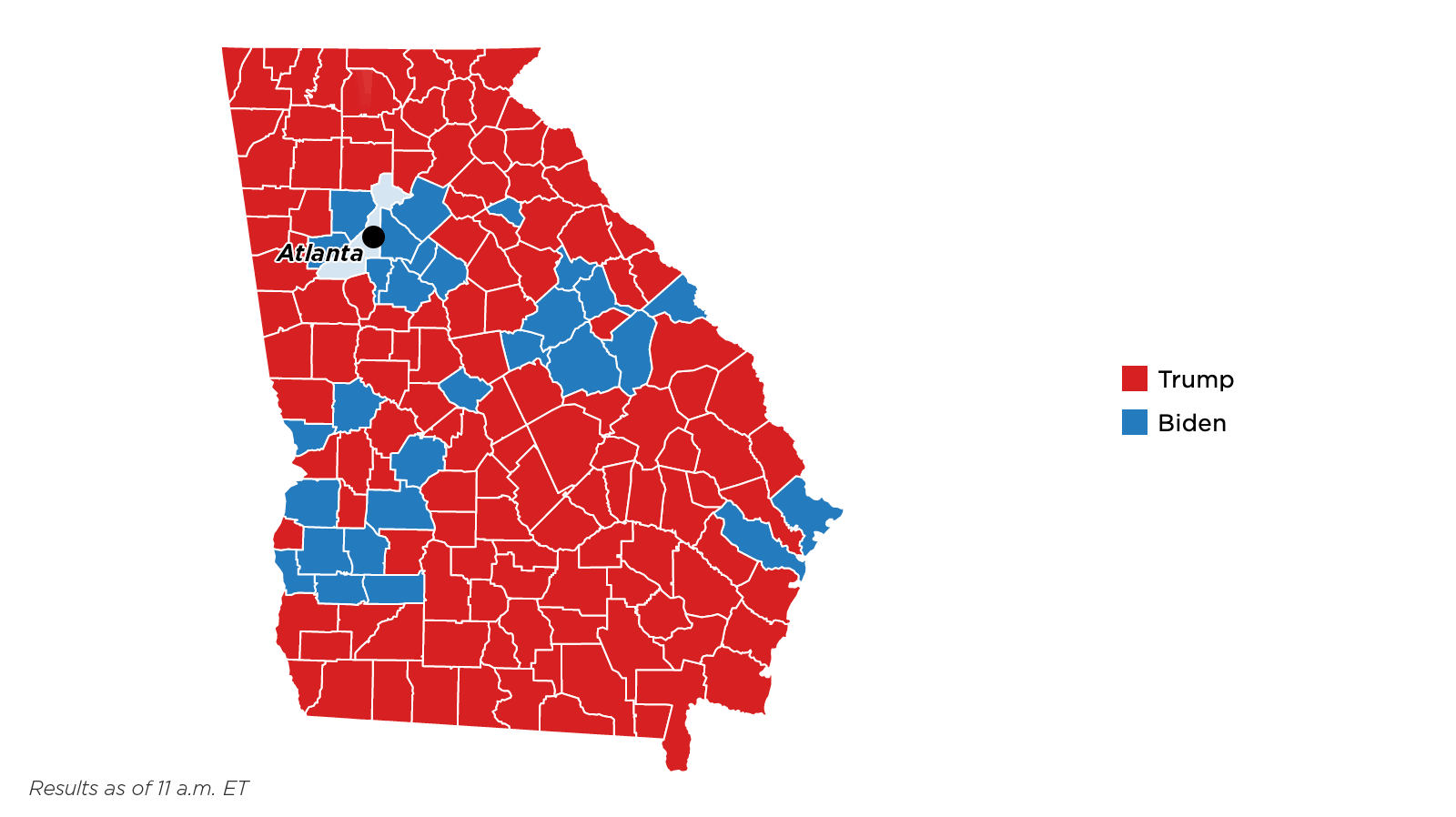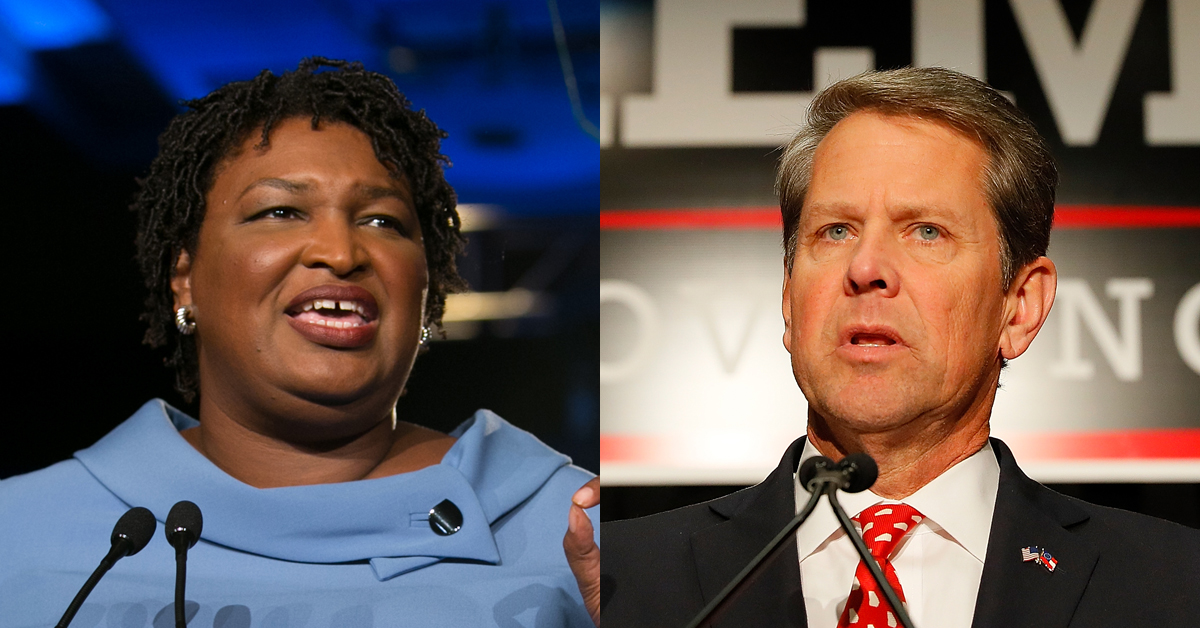By: John Vaughn

Over the past few months, President Barack Obama sat for a series of extensive interviews with New Yorker editor David Remnick. The 17,000 word profile titled “Going the Distance: On and off the road with Barack Obama,” which was published last week, included Obama’s thoughts on the NFL, his children, Iran, and the NSA, among a multitude of other topics.
Perhaps Obama’s views and policies on the NSA or foreign policy will have the most lasting effect on American history. However, Obama’s comments on marijuana have predictably garnered a fair amount of news and social media attention.
The release of this interview comes a few weeks after Colorado’s well-publicized legalization day, an off-kilter victory for the state. While the economic and legal benefits will be real, but state leadership would rather publicize skiing tourism or the success of the Denver Broncos.
Obama further conceded, ‘‘As has been well documented, I smoked pot as a kid, and I view it as a bad habit and a vice, not very different from the cigarettes that I smoked as a young person up through a big chunk of my adult life. I don’t think it is more dangerous than alcohol.”
Although Obama said that caution was necessary when altering drug laws, he clarified that simply legalizing marijuana was not a quick fix to social problems and that such advocates are, “probably overstating the case.”
Further, Obama noted a racial disparity in enforcement of marijuana laws, “Middle-class kids don’t get locked up for smoking pot, and poor kids do. And African-American kids and Latino kids are more likely to be poor and less likely to have the resources and the support to avoid unduly harsh penalties.”
Obama discussed the hypocrisy of lawmakers who have voted for tougher penalties for pot use regardless of their own experimentation history. He argued “we should not be locking up kids or individual users for long stretches of jail time when some of the folks who are writing those laws have probably done the same thing.”
Modern politics is shifting towards reasonable drug reform as we have previously packed American prisons with minor offenders. Modern political thought has shifted to view drug addiction as an illness as much as a crime. Even Georgia, which is a consistently conservative state, has seen measures by Gov. Deal to keep minor drug offenders out of jail and put them in programs that focus on treatment, sobriety, and maintaining gainful employment.
Obama’s thoughts on marijuana’s harmfulness and the implications of his statements at the national level shouldn’t really come as a surprise, however. In the 2008 campaign, Obama promised to end DEA raids on legal medical marijuana clubs that conformed to state laws. Although the raids continued into the 2009, Attorney General Eric Holder announced his intention to reaffirm Obama’s campaign promise shortly after. Fast-forward to the beginning of 2014 and we find 20 states and Washington, D.C., with legal medical marijuana regulations on the books, and two states with full legalization.
Here are my reactions to the president’s statements on marijuana. Perhaps the president was simply sharing his opinion, but when it’s the most powerful man speaking on an issue in an election year, reasonable analysis is required.
Reaction #1: ObamaCare is hurting badly, especially among tech-friendly young people. Sound bites about liberal social reforms usually go over well with that crowd, so his spin-doctors are using his past with the Choom Gang to gain some quick popularity and with the socially liberal crowd. Democrats on the November ballots have an uphill battle without Obama at the top. Re-engaging this crowd is essential to having a Congress that will maximize Obama’s legacy.
Reaction #2: Now we’re seeing the Barack Obama beyond the politician. Obama’s personal convictions are coloring policy for his party. As the nation’s premier politician, he has the right to do that. As the stress of the White House has weighed on Obama, his gray hair coincides with Obama functioning as America’s protective grandfather. His thoughts on this issue (considered within the context of the topics covered in this interview) are simply his honest reaction to the tolerant direction of the nation.
Reaction #3: Regardless of his hidden agenda or truest intentions, the president is going into interesting territory in bringing up hypocrisy in politics within the realm of drug use. Although the Democratic Party normally gives a little more leeway to its candidates with a history of substance use, elected officials are unlikely to face questions on this issue unless they are actively using. Past questions aren’t examined, but Obama seems to stymie this hypocrisy – permitted by his own previous candidness.
Now, these reactions are not mutually exclusive, and all of the above could result in a compilation “Reaction #4.” While the public seems increasingly eager to take ObamaCare off of life support, Obama’s party has an uphill battle to avoid two more frustrating years of gridlock as the president seeks to cement his legacy. The Obama Administration to this point has been a battle of ideologies in the form of dollars and cents. The United States’ credit rating and debt burden have largely overshadowed recent economic strides and have stolen any focus from America’s domestic policy. Throw in Benghazi and Edward Snowden, and it’s been a rough couple of years for the president.
In this instance, Obama is refocusing the national conversation a bit. Although Obama had been quiet on major social issues in the past (as his camp focused efforts on feuding with Boehner and implementing ObamaCare); Obama backing decriminalization and medical marijuana initiatives wouldn’t be a huge jump and would be an interesting outlet for Obama’s insertion into two years of domestic policy. Moreover, it would do Washington some good to get away from its apocalyptic budgetary practices.
Ironically, Obama’s support for such initiatives places him at the forefront of the classic balancing act of Federalism. It’s an unquestionably a bold move, as support for states to determine their own policies on such issues was once thought to be an axiom of the GOP. Perhaps a smarter brand of federalism is emerging where states are able to determine their own policies on the issues that matter most.
The 2014 midterm elections will certainly be interesting. The interests of the parties are clearly changing, with the economic policy dominating the last few years of politics. Social networking will once again play a grassroots role and observers can expect the decriminalization of marijuana will certainly be an issue relevant to younger voters dissipated through this method. Obama has hereby created a junction at which the Democratic Party can capture a significant demographic of voters (though one should note: voters traditionally thought to support legalization measures were usually slam dunk votes for the Democrats).
Further, Obama is giving the American people a different glimpse of the Oval Office. Despite Bill Clinton’s inhalation denials, Obama has always been forthcoming about past experimentation. In this instance (and moreover on the conventional non-entitlement social issues), the American people are granted more forthcoming answers. The United States is on a trajectory towards becoming a nation of tolerance and open discussion. One is left to wonder whether Obama’s candidness in such instances will be a future hallmark of the presidency.
The president navigated a long-standing taboo in stating that many lawmakers may have experimented with drugs despite their support for increasing drug laws. Texas has moved forward with drug testing its legislators, though a failed test would lead to no consequences and would remain wholly confidential. Perhaps the intermittent enforcement of drug testing suggests a new cultural norm is taking shape.
The dawn of a midterm election year will surely elicit the height of political pageantry and strategy from both parties. The Democrats have an uphill battle but Obama still holds all the cards in Washington. Perhaps a more definitive stance from the president or the Democrats on this issue could be forthcoming prior to the election.
In an interesting turn of events, former Congressman Patrick Kennedy became the latest in his clan to take a shot at Obama, speaking out against the president’s sentiments on this particular issue. Kennedy appeared on MSNBC’s “Hardball” to say that the president was incorrect and that modern strains of marijuana are much more potent than the ones enjoyed by Obama’s Choom Gang. Perhaps the American public should give some weight to Kennedy’s opinion here, as the former Congressman is only a few years removed from both public office and substance abuse rehab.
However, it’s worth noting that Kennedy makes a valid point in his interview that he has concerns regarding the legalized marijuana sector rising to the status of Big Alcohol and Big Tobacco. Despite the documented dangers of both tobacco and alcohol, the legislation coming out of Washington indicates that elected officials will continue to weigh corporate opinions over advice from the medical sector. In January of 1964, Surgeon General Luther Terry released the first-ever report on smoking marijuana from his post. Fifty years later, a smaller proportion of Americans smoke cigarettes but the tobacco industry is still booming and inserting its hand into American politics.
This raises a legitimate concern that must be addressed by proponents on both sides of the legalization issue, especially if some Democratic candidates put more emphasis on legalization legislation in November. If this is the case, proponents on both sides of the issue should be willing to examine proper rollout procedures where marijuana is legalized. Immediate taxation, regulation of businesses that sell marijuana and liability for these businesses must be considered before or immediately after legalization measures. Otherwise, these state governments are first losing the major benefit of greater tax revenue. Even more concerning, legislation could be undermined by the rise of Big Marijuana; without a proper rollout, these laws could be defined by lengthy, expensive lawsuits that have colored the alcohol and tobacco industries.
States that have opted for legalization must be efficient with subsequent laws on THC-intoxication while driving, employee rights regarding THC drug testing and age regulations. This opens an opportunity for Democrats in states that have considered legalization or decriminalization measures for both recreational and medical marijuana. Such candidates can shift the Overton Window on this issue by spearheading these efforts to promote safe use, snagging full support for legalization advocates while appearing most concerned with citizen safety.
Obama’s appearance in the New Yorker is certainly a raw bit of insight, and it further shows the ability of the executive office to drive policy conversation through the media. It’s certainly an interesting twist in the story of the Obama’s administration in the White House, as the relatively youthful and liberal president has indicated a more libertarian and personal stance on a medium-sized, less flammable social issue. These comments also possibly signal an interesting twist in the story of the Obama Administration, especially when the administration is considered through the lens of the ominous sixth year midterm election.


